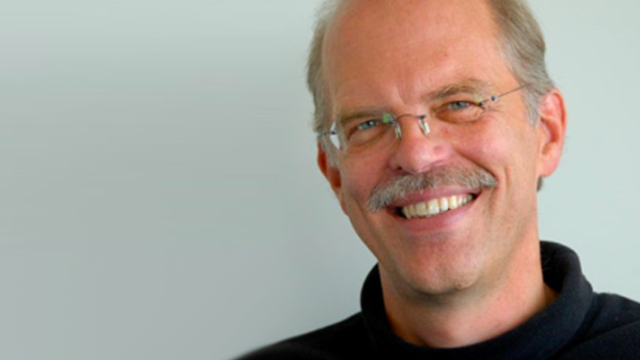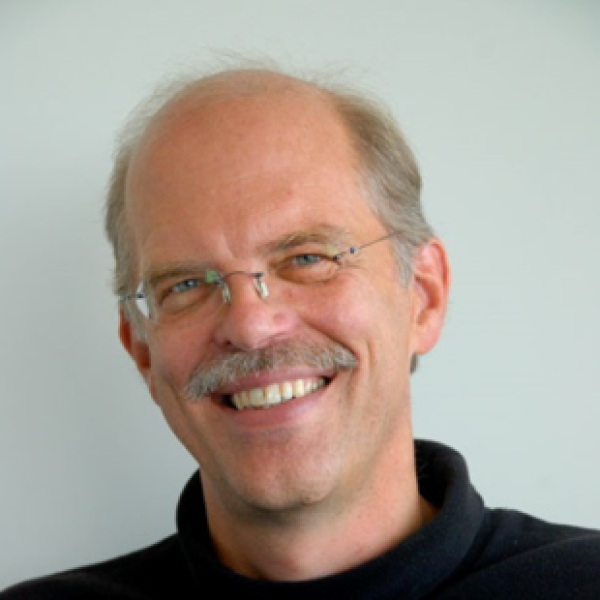
Our Focus
The Neefjes lab studies 3 topics. 1. The molecular mechanisms of MHC class I and class II antigen presentation. This process is at the heart of cancer immunotherapy. We study peptidases controlling peptides for MHC class I molecules. Also, control of MHC class II transport and dynamics within an MHC class II compartment are studied as these determine MHC class II responses 2. Bacteria and cancer. We showed how and why Salmonella contribute to gallbladder and colon carcinoma. We combined epidemiology and lab experiments to link frequent mild infections to colon cancer risk. Salmonella supporting cell transformation are more virulent and activate mTOR kinase that remains active even in absence of salmonella. Transiently inhibiting mTOR cures these tumours. The role of mTOR activation in colon cancers will be studied 3. Detoxifying anthracyclines. We have identified a new mechanism of the common anti-cancer drug doxorubicin and chemically separated the activities to determine that the ‘new’ activity is most cytotoxic. Drugs using only the new mechanism lack major side effects but remained active and can improve 5 years OS of AML patients 2-fold. We are in the process of making two such drugs for clinical studies.
About Jacques Neefjes
My Research
Neefjes has been trained as a chemist and entered the fields of cell biology and immunology during his PhD and post-doc. He has combined these fields since. Jacques Neefjes has made many seminal contributions to the fields of immunology, infection diseases, cell biology and chemical biology. His research has centred around the cell biology of MHC class I and MHC class II associated antigen presentation. These pathways are critical in tumorimmunotherapy. Neefjes has unravelled many steps in these pathways including the definition of DRiPs, the definition of the MIIC, the molecular control of vesicle transport by motor proteins, the control of lysosomal transport by the ER and cholesterol and many other issues central in cell biology. Collectively, his work has uncovered many steps in the cell biology of antigen presentation by MHC class I and MHC class II molecules. His activities in the area of chemical immunology has yielded the first host targeting antibiotic targets and lead structures that support the host in bacterial clearance. This was the basis of his latest findings showing how Salmonella infections cause colon and gallbladder cancer. Combining epidemiology and lab experiments uncovered Salmonella as an environmental factor contributing to colon cancer risk and the identification of dangerous vs mild Salmonella isolates contributing to cancer.
As chairman of the Gravity program Chemical Immunology, Neefjes continued working on anthracyclines by combining chemistry with genetics and bioinformatics. This has yielded new discoveries on the action of an old drug. Neefjes has subsequently used this to synthesize away the cardiotoxic effects of these drugs without loss in anti-cancer activity. He is now making two detoxified variants for clinical testing, starting in 2023 and 2024.
Awards
2020 Spinoza Premium
2020: Ceppellini Award from the European Federation of Immunogeneticsts
2019: Josephine Nefkens Award for cancer research
2016: ERC Advanced Grant
2015: van Loghem Lecture, the annual career award for research in Immunology from the Dutch Immunology Society NVVI
2015: Elected member of the Dutch Royal Society of Sciences and Arts (KNAW)
2015: Elected member and Dutch representative in the EU COST Scientific Committee
2014: Elected member of the Norwegian Academy of Science and Letters (Det Norske Videnskaps-Akademi)
2013: Recipient and main applicant Gravity Program Institute for Chemical Immunology ICI
2013: Elected member Academia Europaea
2010: Elected member European Academy of Cancer Sciences
2009: ERC Advanced Grant
2007: Elected member EMBO
1996: Pioneer Grant
1996: Golden Medal of the Royal Dutch Chemical Society (KNCV)
1990: Antoni van Leeuwenhoek award
Key Publications
Jongsma, M. L., Berlin, I., Wijdeven, R. H., Janssen, L., Janssen, G. M., Garstka, M. A., ... & Neefjes, J. (2016). An ER-associated pathway defines endosomal architecture for controlled cargo transport. Cell, 166(1), 152-166.
Perrin P, Janssen L, Janssen H, van den Broek B, Voortman LM, van Elsland D, Berlin I, Neefjes J. (2021) Retrofusion of intralumenal MVB membranes parallels viral infection and coexists with exosome release. Curr Biol. 31(17):3884-3893
Pang, B., Qiao, X., Janssen, L., Velds, A., Groothuis, T., Kerkhoven, R., ... & Neefjes, J. (2013). Drug-induced histone eviction from open chromatin contributes to the chemotherapeutic effects of doxorubicin. Nature Comm, 4, 1908.
Paul, P., van den Hoorn, T., Jongsma, M. L., Bakker, M. J., Hengeveld, R., Janssen, L., ... & Neefjes, J. (2011). A Genome-wide multidimensional RNAi screen reveals pathways controlling MHC class II antigen presentation. Cell, 145(2), 268-283.
Scanu, T., Spaapen, R. M., Bakker, J. M., Pratap, C. B., Wu, L. E., Hofland, I., ... & Neefjes, J. (2015). Salmonella manipulation of host signaling pathways provokes cellular transformation associated with gallbladder carcinoma. Cell host & microbe, 17(6), 763-774.
Members
| Jacques Neefjes Oncode Investigator | Anneke Kastelein PhD student | Birol Cabukusta Postdoc fellow |
| Erik Abels Postdoc fellow | Esther ter Linden PhD student | Febe Vermue PhD student |
| Ilana Berlin Assistant professor | Lennert Janssen Advisor | Marike Broekman Clinician Scientist |
| Marlieke Jongsma Postdoc fellow | Merle van Gelder PhD student | Nina Bakker PhD student |
| Sabina van der Zanden Postdoc fellow | Shalom Borst Pauwels PhD student | Virginie Stévenin Postdoc fellow |
| Yingije Zhong PhD student |
